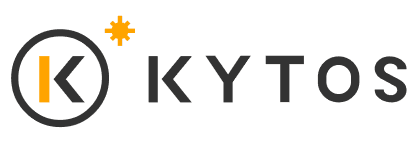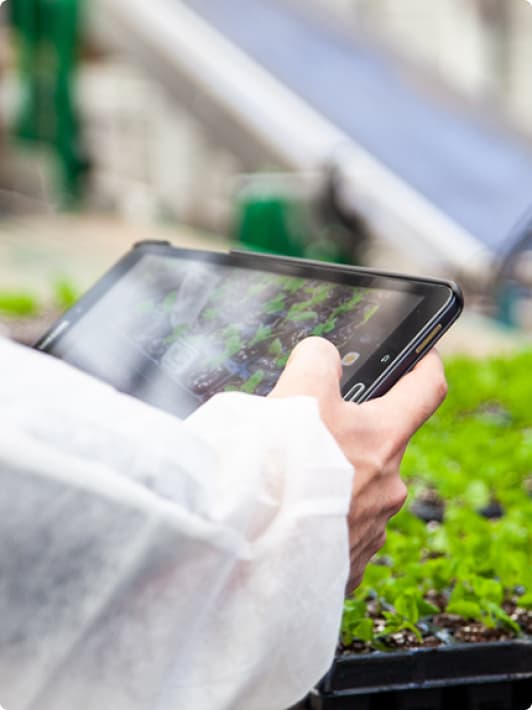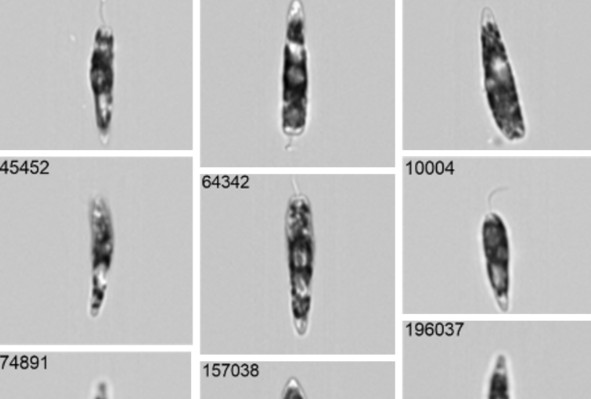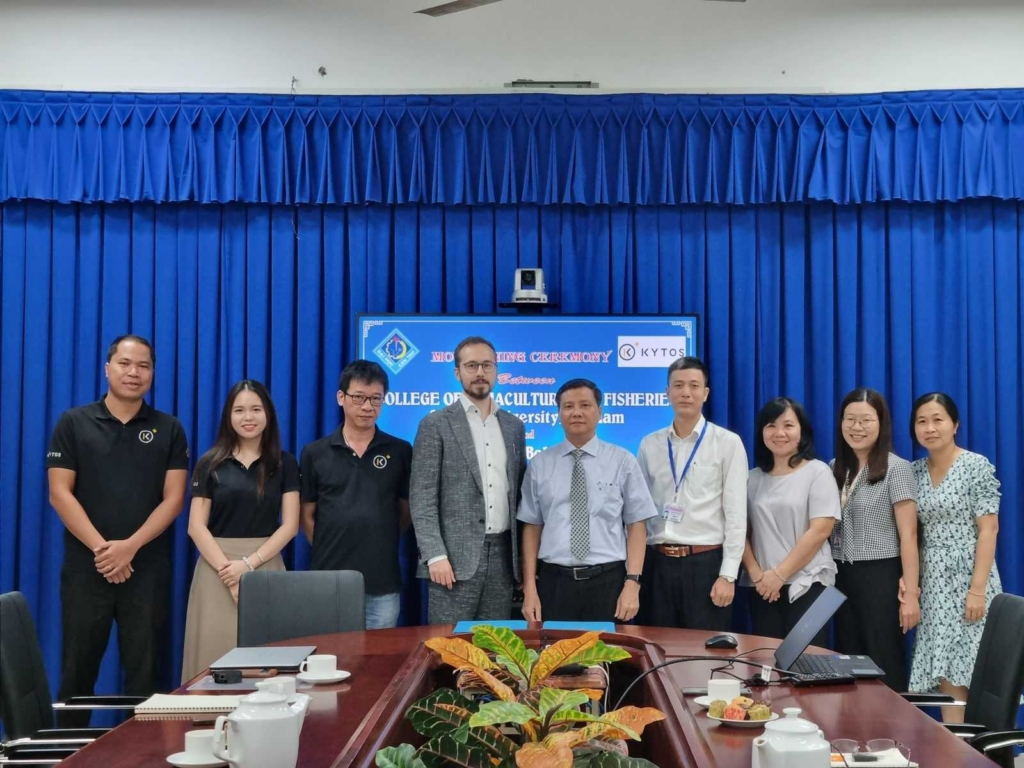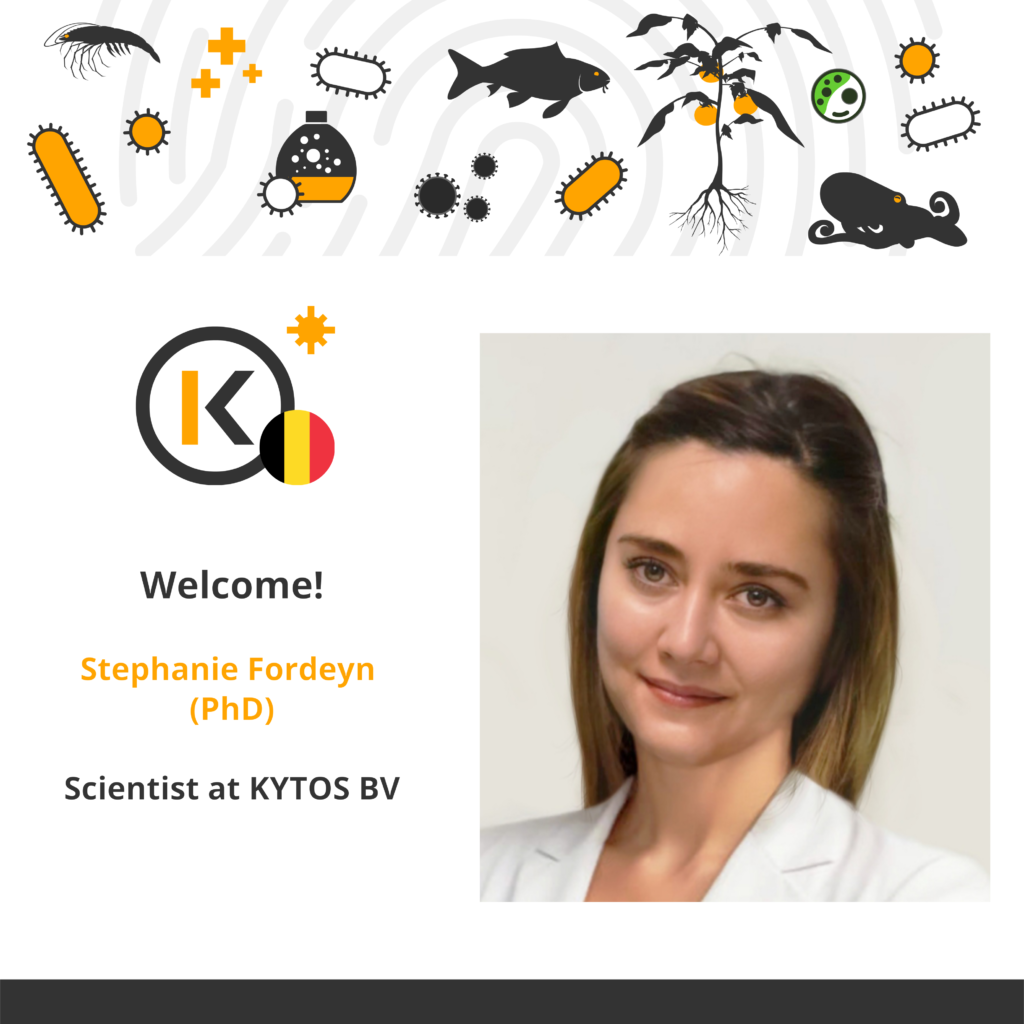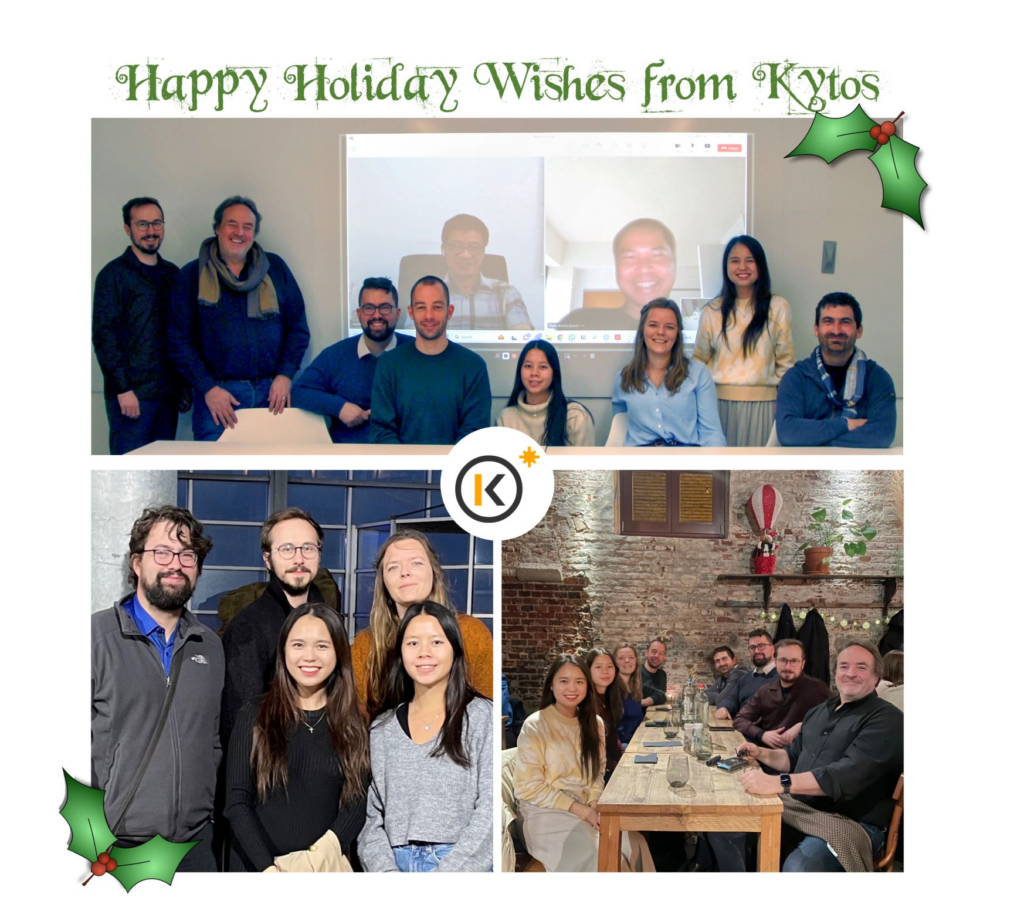KYTOS is thrilled to share its latest achievement: a highly accurate algorithm for detecting Euglenophyta algae in shrimp ponds! 🔬 🦠
But why should farmers care about Euglenophyta algae? Here’s why:
1. Water Quality: Rapid blooms of certain Euglenophyta species can deplete oxygen levels in water, leading to hypoxia or anoxia. This can stress or even be fatal to shrimp, which require well-oxygenated water for growth and survival.
2. Algal Toxins: Some Euglenophyta species produce harmful toxins, impacting the health and growth of shrimp when ingested. These toxins, such as neurotoxins or hepatotoxins, can cause severe health issues and mortality in shrimp.
3. Water Treatment Costs: Controlling Euglenophyta blooms often involves costly methods like algaecides. Preventing infestations can significantly cut operational expenses.
4. Disease Risk: Presence of Euglenophyta can stress shrimp, making them more susceptible to diseases. Weakened shrimp are less able to resist infections, leading to potential disease outbreaks.
Our platform simplifies the process of monitoring the Euglenophyta load over time. Select the microorganism you’re examining, and instantly access data on your pond’s load!
Why are we so excited?
📈📈 📈 Well, as part of our full-service model, all Tropical Aquaculture customer data have been updated with this new algorithm. Go check it out!
Our ongoing research in this field promises to shed further light on these remarkable organisms and their ecological roles. Stay tuned for more exciting updates 🌍🔍
#Euglenophyta#Microbiology#Aquaculture#Kytos#MicrobialFingerprinting#Detection#Hatchery#shrimp#innovation#startup
